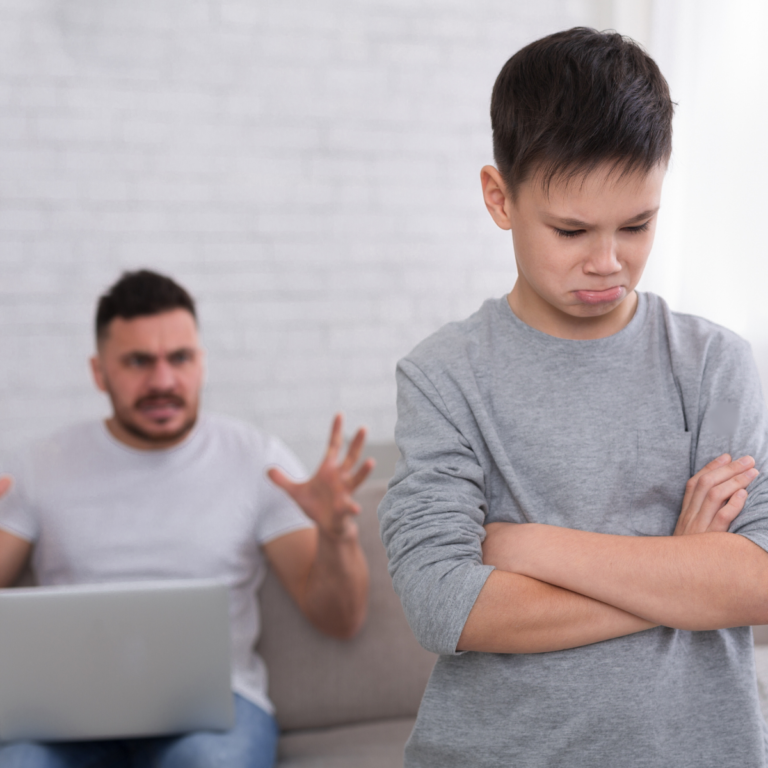In today’s digital age, social media influencers hold significant sway over young minds. While many offer positive content, a growing number cross lines of decency, presenting lifestyles and values that may not align with those of their audience. This raises concerns about the impact on our youth and the role parents can play in guiding their children’s media consumption.
The Illusion of the Influencer Lifestyle
Influencers often curate a polished image, showcasing success, beauty, and luxury. However, this portrayal can be misleading, as it doesn’t reflect the complexities and challenges of real life. Young viewers may internalize these idealized images, leading to unrealistic expectations and dissatisfaction with their own lives.
The Impact on Youth
Exposure to certain influencer content can negatively affect young people in several ways:
- Mental Health Issues: Constant comparison to seemingly perfect lives can lead to anxiety, depression, and low self-esteem.
- Unhealthy Behaviors: Some influencers promote extreme diets, substance use, or risky behaviors, which young followers might emulate.
- Distorted Body Image: The emphasis on appearance can contribute to body dissatisfaction and eating disorders.
The Role of Parents
Parents play a crucial role in mitigating these negative influences. Here are some strategies to guide children toward responsible media consumption:
- Open Communication: Engage in regular discussions about the content your children consume. Encourage them to think critically about what they see and understand that online personas may not reflect reality.
- Set Boundaries: Establish clear rules regarding screen time and the types of content allowed. Utilize parental controls to monitor and restrict access to inappropriate material.
- Educate on Digital Literacy: Teach children to discern between authentic content and paid promotions. Help them understand the commercial motives behind influencer endorsements.
- Model Responsible Use: Demonstrate balanced media consumption in your own life. Children are more likely to adopt healthy habits when they see them practiced by their parents.
The Need for Content Restrictions
Given the pervasive influence of social media, there’s a compelling argument for implementing stricter content regulations to protect vulnerable audiences. This includes enforcing age-appropriate content guidelines and holding platforms accountable for the material they host.
Moving Forward Responsibly
While social media is an integral part of modern life, it’s essential to approach it with caution. By fostering open dialogue, setting appropriate boundaries, and promoting critical thinking, parents can help their children navigate the digital landscape safely and responsibly.



